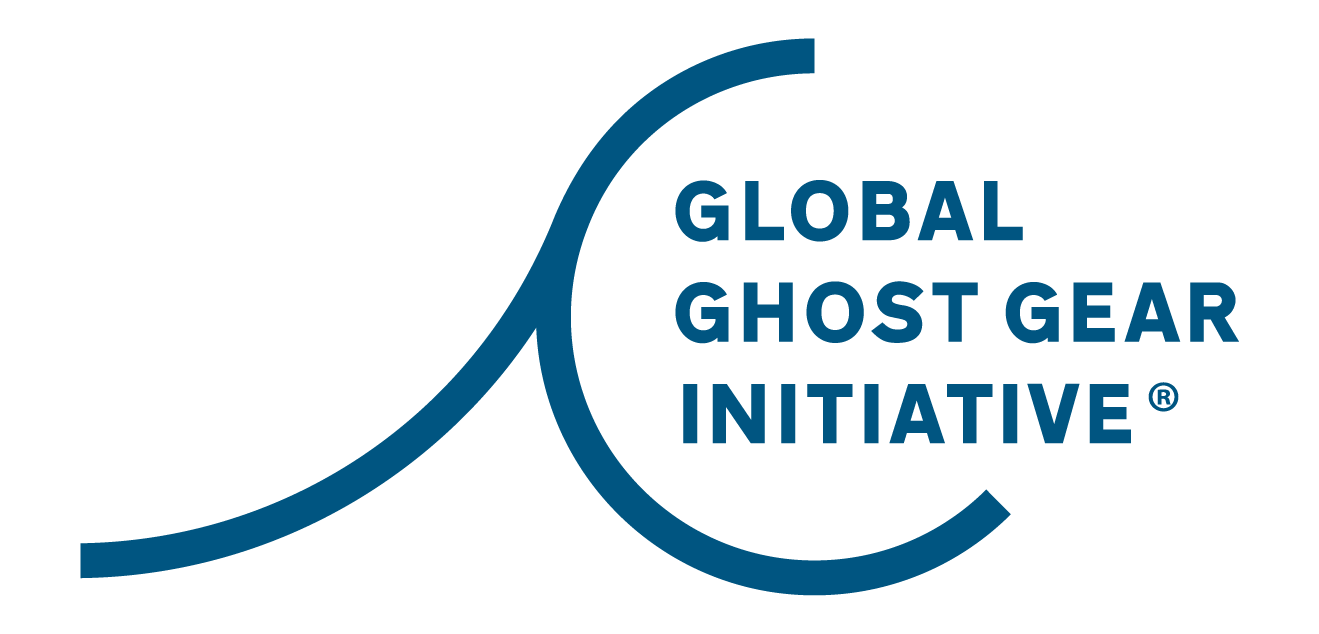GGGI Small Grant (2022/2023) - Mare Nostrum (Romania)
Project Summary
Net Free Black Sea
The pollution issue in the Black Sea has escalated over the last two decades, transforming it into one of Europe’s most polluted seas. This problem carries significant ramifications for the economies, social well-being (including health), and the environment of the countries bordering its shores. Adding to this concern is the persistent challenge of abandoned, lost, or discarded fishing gear, often referred to as "ghost gear," which exacerbates marine plastic pollution, making it a prominent contributor to environmental degradation. During “Net Free Black Sea” Mare Nostrum removed approximately 1,380 kg of ALDFG in 7 dedicated collection sessions from 18 locations. An exhibition was organized with the aim of highlighting the social, economic, and environmental harm resulting from abandoned, lost, or discarded fishing gear (ALDFG) in the Black Sea region. This event was hosted at the Natural Science Museum Complex, attracting a diverse audience including tourists, local residents, as well as members of organizations such as the General Fisheries Commission for the Mediterranean (GFCM) and the Developing Optimal and Open Research Support (DOORS) project. The estimated attendance ranged between 18,500 and 22,500 visitors.
The project organized a workshop focused on abandoned, lost, or discarded fishing gear (ALDFG), which attracted 26 participants, including representatives from authorities, commercial and professional divers, fishermen, and fishing associations. The workshop aimed to enhance information sharing and foster collaboration among stakeholders involved in fishing and monitoring endeavors. Its objectives were to devise strategies for the efficient management of waste generated by fishing or passive fishing practices and to explore the potential benefits stemming from the removal of ALDFG.
“Net Free Black Sea 2.0”
“Net Free Black Sea 2.0” continued the efforts started in the previous year and was created the Black Sea ALDFG Network. Effective coordination among various stakeholders is crucial to minimize the impact of ALDFG on Black Sea environment and species. Another important achievement was the development of the guideline "Best practices to manage ALDFG in the Black Sea" aimed to explore the strategies to adopt to manage ALDFG from polluting the marine environment in the Black Sea. Furthermore, three workshops were arranged for network members to offer insights and recommendations for a program tailored to the requirements and capabilities of fishermen and divers. The workshops aimed to pinpoint efficient waste management tactics for fishing practices, promote awareness about tackling this issue, consolidate expertise, and outline practical management solutions for the recovered gears.
Another key goal of "Net Free Black Sea 2.0" was to establish the groundwork for a recovery program aimed at pinpointing the locations where ALDFG is accumulating and facilitating its reporting to the GGGI Ghost Gear Reporter app.
Approximately 1,480 kilograms of abandoned, lost, or discarded fishing gear ALDFG were extracted from the waters of the Black Sea through a concerted endeavor to locate, recover, and appropriately dispose of abandoned or lost fishing nets.
To mark the Black Sea International Action Day, regional communities were extended an invitation to engage in the 5th edition of the Black Sea Cross that sought to increase awareness regarding the significance of marine and coastal ecosystems in the context of local and regional development.












